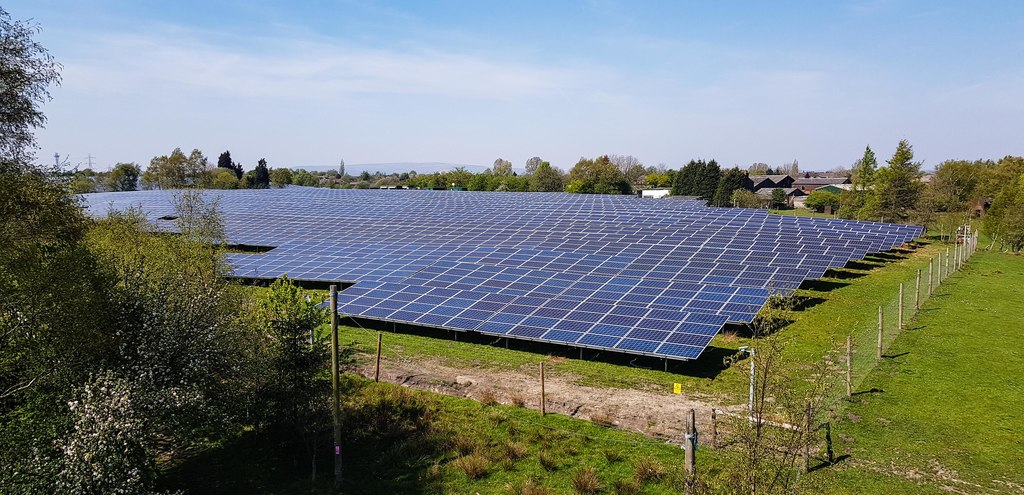
Image: Peter McDermott.
The return of the Contracts for Difference (CfD) auctions for solar and onshore wind has boosted the UK up EY’s Renewable Energy Country Attractiveness Index (RECAI).
It is now in sixth position, just ahead of India, and behind only the US, China, France, Australia and Germany.
In recent years, the CfD auctions have not included Pot One technologies such as solar and onshore wind. But in March it was announced that there would again be an auction including the technologies in 2021, a move by the UK government that was widely welcomed by the solar industry.
Additionally, the UK solar sector has been bolstered by the rise of subsidy free developments in the country. For example, last December NESF lauded the switch on of ‘UK’s largest’ subsidy-free solar site.
As such, the renewables sector in the UK is looking increasingly strong, helping it to climb in the 55th Edition of the RECAI.
While the current COVID-19 pandemic poses challenges to the renewable energy sector, it is resilient according to the report's author Ben Warren. He argued that “renewable energy is set to play a central role in the post COVID-19 economic recovery”.
“The investors involved remain confident about the long-term picture for clean energy,” he continued. “Climate change isn’t going away. The need, after the pandemic, to ensure greater economic and social resilience will work in favor of distributed power sources, such as wind and solar, and the applications offered by battery storage. Large companies will be keen to demonstrate that they are responsible corporate citizens, encouraging them to source clean energy.”
The level of the UK's attractiveness according to EY's rankings has been reasonably turbulent in recent years. The rise of subsidy-free solar and surging wind boosted the UK up EY renewables rankings in May 2018, but Brexit concerns caused it to slide back a place come the November.
In November 2019, the UK hit its highest position for two years thanks to offshore wind sector's vibrance.
The US topped the EY RECAI for the first time in years, as surging wind and solar along with tax incentives helped it leapfrogg China. Spain was another winner in the rankings, buoyed by the ambitious targets brought in the recently elected government.
However, India dropped down to seventh in a “disappointing” move for the country that suggests it may now miss its 175GW of renewables by 2022 target.

